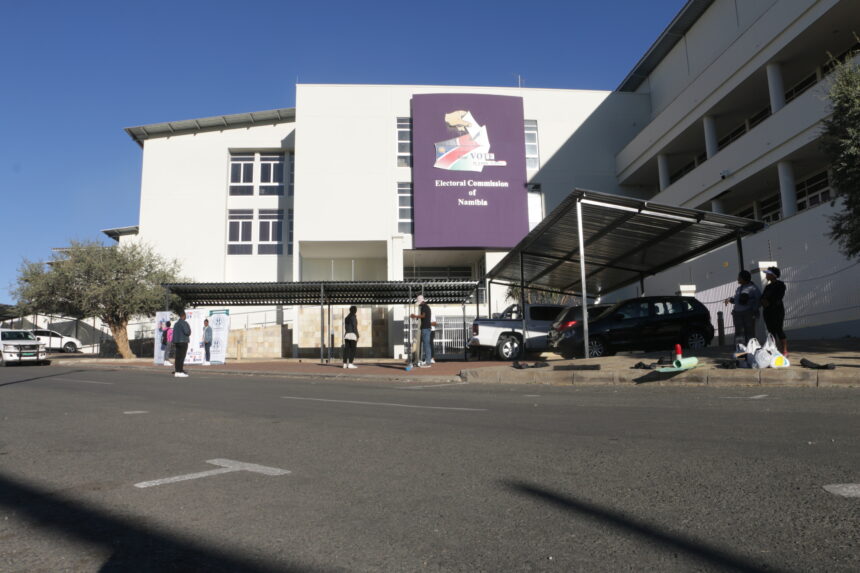As part of New Era’s special reportage on the single-biggest event in Namibia’s 2024 calendar, the paper earlier this year reached out to local analysts to weigh in on whether the candidates have the necessary standing, experience, political capital and stamina, as well as the social dexterity to credibly vie for the highest office in the land.
At the time, political analyst and scientist Erika Thomas shied away from pointing at specific candidates.
“We need to look at their standing and the experience they have, even with their political experience, their leadership roles. Do they have experience when it comes to leadership, the legislative experiences [and] executive positions they held previously, or they just decided that tomorrow, I am going to run for the highest office in the land?” Thomas asked.
Agreeing with her then was fellow political scientist Rui Tyitende, who said even if there are 100 presidential candidates, there can only be one Head of State.
“Sadly, all the leaders of the opposition parties have ambitions of becoming presidents, no matter how far-fetched that might be. This is largely so as they fail to distinguish between ideology and reality [pragmatism]. For example, what are the chances that Venaani will leap from 5.3% [2019 presidential results] to 51% plus one to secure the presidential election? Or Swartbooi from 2.7% to 51% plus one? Even though Itula garnered 29.4% in the same elections, are the political dynamics and intricacies which favoured him then still intact? Or should we expect another scandal or deteriorating socio-economic conditions to alter the election outcome?” Tyitende questioned.
He said the best possible outcome for the opposition is to form a grand alliance, and rally behind one suitable candidate.
“The opposition is weak and fragmented, and their current internal divisions [bickering] at some local authorities are only alienating those who wanted an alternative to Swapo. What we currently have is a ‘coalition of the wounded’, and not a ‘coalition of the people’. Swapo will win the upcoming elections, as they face no formidable opposition,” Tyitende opined.
Another contributor to the discourse was lawyer and commentator Natjirikasorua Tjirera.
“The unfortunate reality in our country is that these people in politics seem to believe that political office is a joke. Others tend to think political office is a way to have a luxurious lifestyle. Most presidential candidates do not have an ideological basis, and do not base their campaigns on any principles. They simply get into the campaign for the fun of it. We need to start realising that the Presidency is the highest office in the land, and that everything stops with him or her,” he stated.
New Era also spoke to Ndumba Kamwanyah, who at the time said new political entrants offer little to nothing new to the voters.
“I have a problem with new aspirants, as I have not seen a game-changer yet that is different from what we already know from the other existing political parties. I think it is good that people have ambitions to partake in our democratic processes, more young people, and contest for the top or number one position in the country. But I think we must come up with something that will be a game- changer. It’s not just repeating the old ideas that are there,” he stated.
Institute for Public Policy Research executive director Graham Hopwood said: “The ruling party candidate remains the favourite. The established opposition parties do not appear to have done enough to have significantly broadened their support bases since the last elections to be considered realistic contenders. The unknown factor is the IPC, which appears to be undertaking some serious grassroots mobilising work, but it’s difficult to assess at this stage how effective this might be in attracting voters to the party and its candidate.”
Like Tyitende, Hopwood was of the view that the opposition is too fragmented to mount any serious fight against Swapo’s might.


